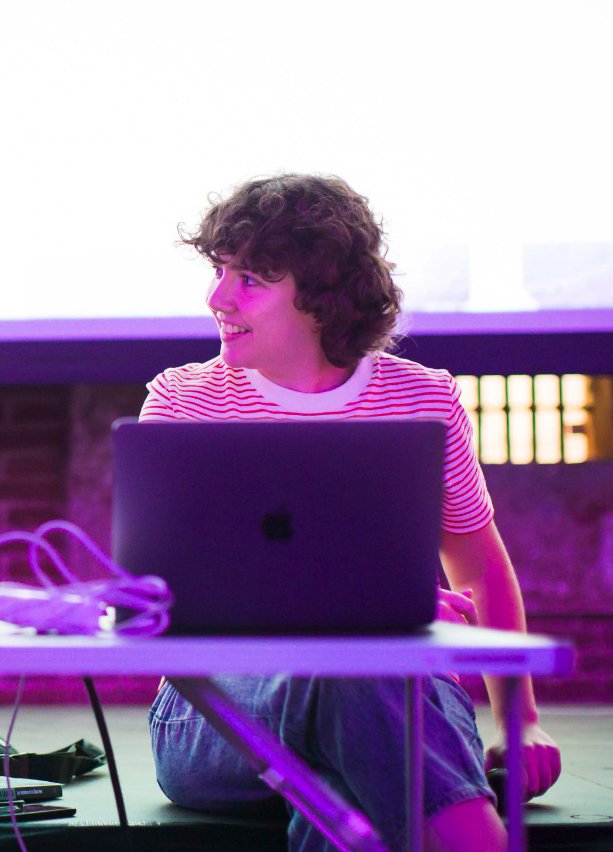Marta Sese

In 2022, 41 contemporary art curators, researchers, and museum directors from 24 different countries were awarded to attend the CIMAM 2022 Annual Conference. The CIMAM 2022 Annual Conference, titled "The Attentive Museum. Permeable Practices for a Common Ground", was held in Mallorca (Balearic Islands), Spain on 11–13 November, hosted by Es Baluard Museu d'Art Contemporani de Palma.
Marta Sese's Conference Report
I would like to thank the CIMAM Board for giving me the opportunity to attend the 2022 Annual Conference in Palma. This experience has been a great professional stimulus, especially due to the fact of having the opportunity to exchange opinions with other curators and institution members who come from contexts so different from mine. Attending CIMAM has been a great opening experience in which a professional atmosphere of great value is generated, very difficult to find on a day-to-day basis.
In a moment of crisis like the present, museums and institutions must become channels of debate as well as places of discussion from which to think about how we can face a context of uncertainty, emergency and conflict.
I found the second day of the conferences especially interesting and stimulating, in which we were able to listen to Denise Ferreira da Silva, Clementine Deliss Sandra Gamarra and Sethembile Msezane. Ferreira da Silva spoke to us of an aesthetic conception opposed to the colonial, racial and cisheteo-patriacal matrix. I found the concept of “transparent I” very clairvoyant, through which she refers to a modern subject hailing from the Enlightenment who habitually adopts the role of spectator and who has played a fundamental role in the perpetuation of racial subjugation. On the other hand, Clementine Deliss addressed urgent questions such as "How to make sense of the museum today?", making a fervent criticism of the understanding of collections as mere accumulation and speaking of a need for self-criticism on the part of museum institutions that start from a “decolonial imperative”. Deliss stressed the need for museums to “provide access”, and that a process of opening the collections is necessary so that they can be studied and discussed beyond their value as works of art. This need for museums to repair or, at least, to rethink their responsibility today, was further accentuated in the conference by Sandra Gamarra, who focused on casta paintings, explaining how they have been the protagonists of conversations in Peru for generations without ever having seen them, since they are part of Spanish collections, a country where these artifacts are deactivated, since they are not part of the collective imagination. The deactivation to which Gamarra referred was also taken up in the fascinating lecture given by Sethembile Msezane, who mentioned that very often when works enter museums they become “dead work”. Msezane mentioned issues that are still very much on my mind, such as the possibility of repatriation of objects found in Western museums or the need for compensation for the use of colonial objects by Western museums.
I would also like to highlight how interesting the workshop format with small groups was for me, in which to be able to discuss with agents of the sector who have extensive experience such as Saskia Bos, Malgorzata Ludwisiak or Calin Dan, among many others.